SUMMARY
This is AI generated summarization, which may have errors. For context, always refer to the full article.
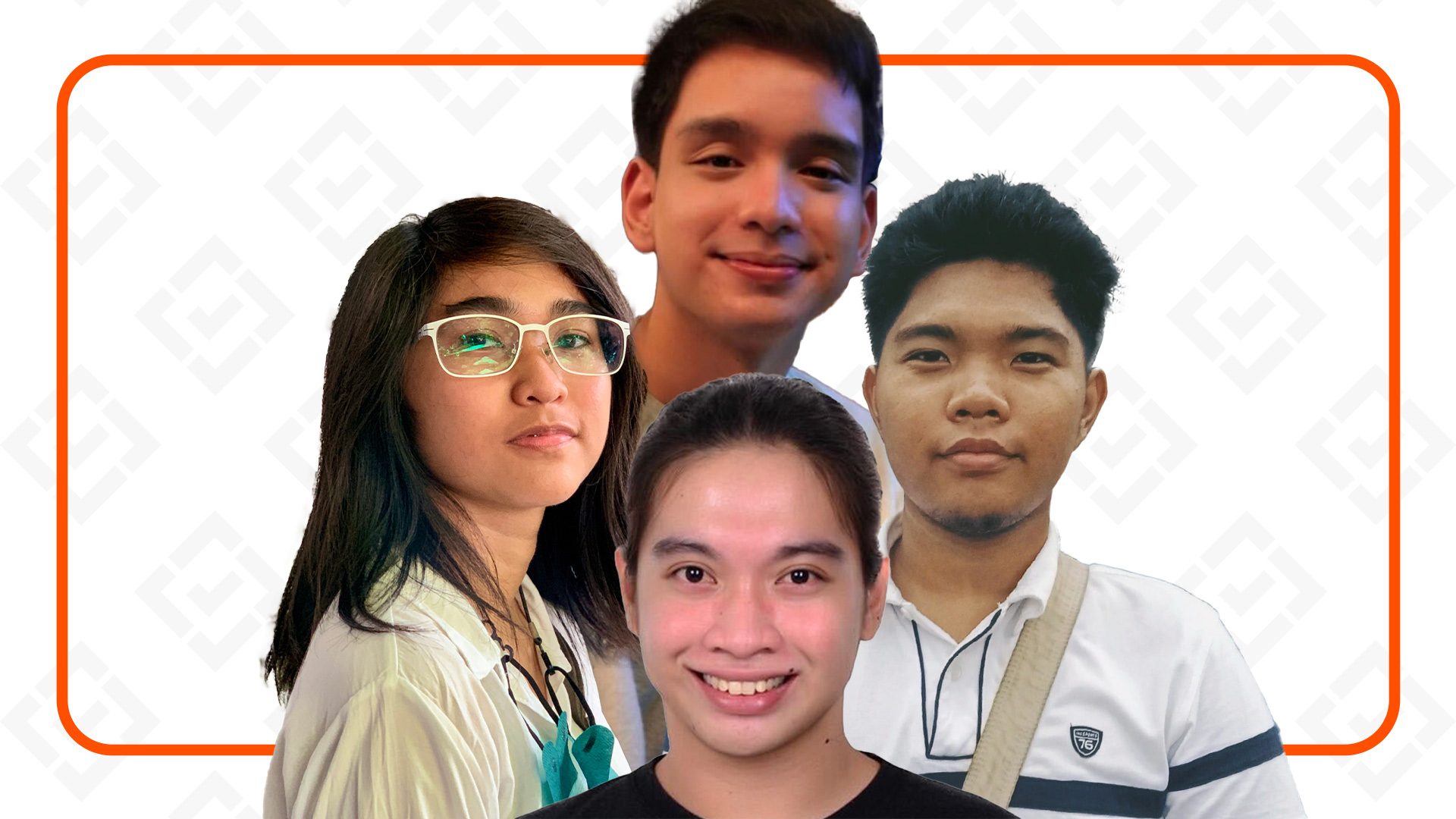
Manila, Philippines – Yakult made from cow sperm? Nostradamus predicting the 2022 presidential elections?
For Rappler’s fact-check contributors, these fantastical claims, though a tool that can be used by nefarious characters, are also opportunities to punch back against the disinformation network.
“I think the first time most of us discovered fact-checking was during childhood,” Percival Byron Bueser said. The inherent curiosity to find out clashing statements from authority figures like parents or teachers and to figure out which one is right, placed Bueser on the path of fact-checking.
This was also the case for Kyle Marcelino, who was the go-to of his family and friends when it came to confirming information from the internet. “Fact-checking has become an inherent part of me when I am browsing the internet and social media.”
A survey conducted by SWS in December 2021 found that the majority or 51% of Filipinos find it difficult to spot fake news, especially on the web. This is alarming, considering that most Filipinos get their news through social media – a space where influencers, bloggers, and vloggers can thrive and spread false information.
Katarina Fe Ruflo saw that play out in real time. When the 2022 Philippine presidential elections hit its campaign crescendo, she found herself in disbelief while scrolling through her feed.
“Fake news about Ferdinand Marcos Sr. and Martial Law was so rampant those days. Suddenly, my high school batch mates, the same high school batch mates who watched Martial Law documentaries with me, no longer believed that Martial Law was as bad as it was,” Ruflo said.
A report by Rappler highlighted how disinformation played a major role in influencing the outcome of the 2022 elections.
“I saw the fact-checks that Rappler began producing, and I would send them to group chats in the hopes that my peers would realize that they were being fed lies,” Ruflo said. But it wasn’t enough. Even with the solid presence of the fact-checking community, the disinformation network delivered on its perverted promise.
It was also during a confusing and uncertain time that Owenh Toledo found herself a victim of false information. A claim that bananas prevented COVID-19 convinced Toledo enough to share the post among her circle, only to see the same claim debunked by a Rappler fact-check story.
Even when the world has figured out large parts of the puzzle that make up the pandemic and the virus, a long list of claims that fan vaccine hesitancy and feed people’s paranoia regarding health are still being fact-checked by Rappler.
A daunting wall ahead
Marcelino opened up about the struggle of not falling into confirmation bias’ maw. “ No journalist is free from all biases, but it is a different matter if only one side of the story was included. I need to always make sure that I don’t use information that I believe fits my narrative, but objective information from other trusted sources.”
Bueser also pointed out the phenomenon of Brandolini’s law as a major hurdle in fact-checking. “It is disproportionately harder to fact-check claims than to make false claims…Fact-checking requires research to execute properly, while making any claim requires little or no research at all.”
As technology continues to progress, it’s becoming harder, even for seasoned journalists, newsrooms, and fact-checkers, to even the playing field against organized efforts to spread disinformation. (READ: They’re getting smarter: How disinformation peddlers avoid regulation)
With both the promise and danger of AI, governments worldwide are trying to put it under early scrutiny, wary that it may serve as a tool that can upend laws and undermine democracy the way social media did.
Generative AI has so far produced things like the viral image of Pope Francis in a Balenciaga puffy coat, pornographic and political deepfakes, even won a photography award, and is helping students across the globe to cheat on their essay homework – and these programs will only get better.
In a Vox podcast, The Verge’s senior reporter James Vincent pointed out this may usher in a new era of media literacy and steer people to more trusted sources, even do the fact-checking themselves. But host Sean Rameswaram rebutted with a question that fact-checkers will have to grapple with in the near future: what’s stopping web users from believing sophisticated machines when back then, they didn’t question the lies created by other people?
A daunting wall ahead
“I often ask myself: could I have just been attending to my other interests or hobbies instead of fact-checking? Could I have just been learning other stuff instead of filling my head with false claims? Yet I still stick to fact-checking,” Bueser said.
And he is not alone. In hindsight, fact-checking may seem simple, but there is more to it than what meets the eye.
An often overlooked hazard of social media heavy work is the toll it takes on mental health. Fact-checkers who, aside from scouring through toxic cesspools of fake news, also have to field hate and harassment. “The trolls and their attacks are the most challenging part,” Toledo said. “Once my fact-check didn’t side with their own, they would attack us [through] comments, and sometimes message us.”
“Whenever I see a false claim get debunked, I say that I ‘breathe a little better.’ Seeing false claims again and again, on the other hand, is like ‘suffocating,’ Bueser added.
Back in 2021, First Draft’s Claire Wardle has called on media organizations worldwide to prioritize their fact-checker’s mental well being.
Chay Hofileña, Rappler’s Research and Investigation head, has recognized the crucial role of fact-checkers in the newsroom. “Given the amount and volume of disinformation that continues to spread to this day, we cannot do it all alone. We are up against organized armies, if not ill-intentioned people, out to spread lies,” she said.
Aside from Rappler’s fact-checking initiative, it is also involved with the #FactsFirstPH movement, bringing together sectors that are committed to promoting truth.
“Our contributors have beefed up our efforts to deter the rapid spread of disinformation and they have signaled too that ordinary citizens, and not just journalists, care about the truth. We need more like them to spot falsehoods and check them. And we are very thankful to our contributors for their invaluable help in our fact-checking efforts,” Hofileña added.
Despite the setbacks, contributors find silver linings that make the daunting task bearable. “I learn a lot about human nature – especially the extent to which people can believe false claims and the extent to which they can go in defending them or in neglecting to research about them,” Bueser said.
The satisfaction of having a fact-check piece published is not lost to Andrei Miguel Santos. “There’s a sense of fulfillment in knowing that, in even the smallest of ways, I can help inform others and correct misconceptions about various topics they see online.”
Marcelino and Ruflo shared the wealth of knowledge they acquired through fact-checking, going through the Philippine legal system and doing deep dives into anti-vax spaces.
“Seeing the endless sea of misinformation online does sink a little bit of my hope sometimes,” Miguel Batallones admitted, but just like the rest, he soldiers on. “When it all feels like drowning, I remember who I do it for: the people, those that are harmed, hurt, and made helpless by the ubiquity of misinformation… I recognize that my fact-checking won’t save everyone, but maybe it might save someone, and that’s a good start.”
Support Rappler’s fact-checking initiative. If you suspect a Facebook page, group, account, a website, or an article is spreading false information, let Rappler know by contacting us at factcheck@rappler.com. Let us battle disinformation one fact check at a time. – Rappler.com
Add a comment
How does this make you feel?
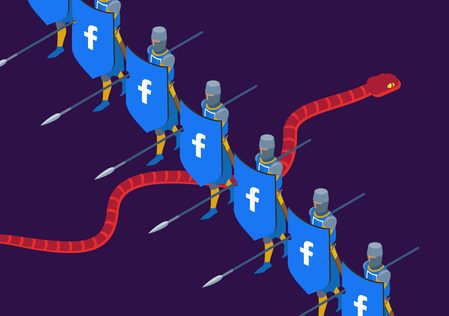





![[OPINION] You don’t always need a journalism degree to be a journalist](https://www.rappler.com/tachyon/2024/06/jed-harme-fellowship-essay-june-19-2024.jpg?resize=257%2C257&crop=287px%2C0px%2C720px%2C720px)

![[Just Saying] Ted Failon, press freedom, and the Supreme Court](https://www.rappler.com/tachyon/2024/07/20240709-ted-failon-press-freedom-supreme-court.jpg?resize=257%2C257&crop=296px%2C0px%2C720px%2C720px)

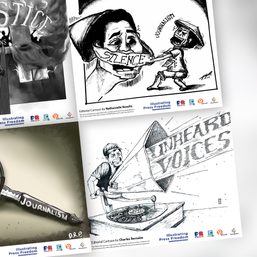
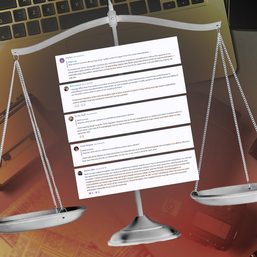
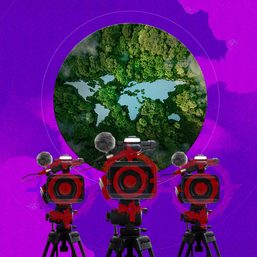
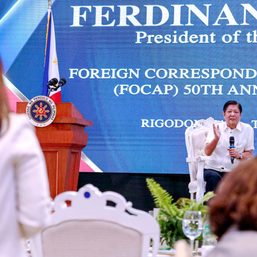
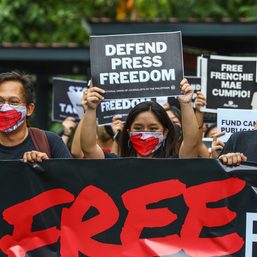
There are no comments yet. Add your comment to start the conversation.